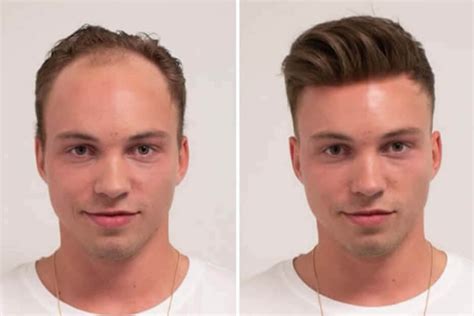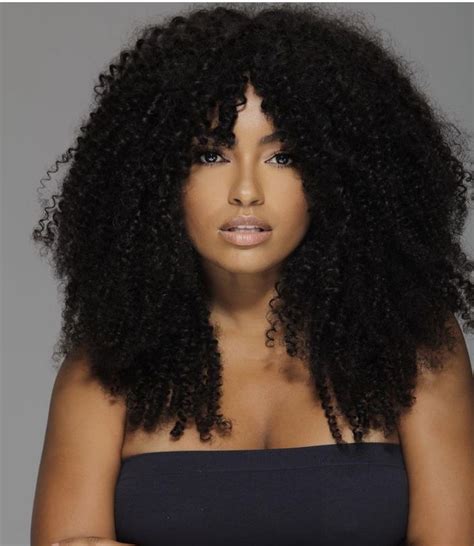What is Virgin Hair?
Virgin hair refers to hair that has never been chemically treated, colored, or styled. It is sourced from single donors, meaning that all the hair strands originate from the same individual. This ensures consistency in texture, color, and quality.

Benefits of Virgin Hair
- Unmatched Quality: Virgin hair is highly valued for its exceptional quality. It is strong, durable, and less prone to breakage.
- Natural Appearance: The absence of chemical processing gives virgin hair a natural and authentic look that is hard to replicate.
- Longevity: With proper care, virgin hair can last for years, making it a worthwhile investment.
- Versatility: Virgin hair can be styled and colored to suit any desire, allowing for endless creative possibilities.
Types of Virgin Hair
Virgin hair comes in various types, depending on its origin and processing.
- Indian Virgin Hair: Known for its dark, thick texture, Indian virgin hair is widely popular for its versatility and longevity.
- Brazilian Virgin Hair: With a slightly lighter texture than Indian hair, Brazilian virgin hair is prized for its silky smoothness and natural shine.
- Malaysian Virgin Hair: Originating from Southeast Asia, Malaysian virgin hair offers a medium texture and wave pattern, making it ideal for achieving bouncy curls.
- Peruvian Virgin Hair: Peruvian virgin hair features a slightly coarse texture with defined waves, providing volume and fullness.
Sourcing Virgin Hair
When purchasing virgin hair, it is crucial to ensure its authenticity and quality.
- Choose Reputable Vendors: Partner with vendors who provide documentation verifying the hair’s origin and processing.
- Inspect the Hair: Examine the hair for any signs of chemical treatment, heat damage, or tangles.
- Test the Hair: Conduct a burn test to determine if the hair is truly virgin. Virgin hair will burn slowly, releasing a protein-like odor.
Caring for Virgin Hair
Proper care is essential to maintain the health and longevity of virgin hair.
- Gentle Washing: Wash your hair with a sulfate-free shampoo to avoid stripping away natural oils.
- Conditioning: Deep condition your hair regularly to provide hydration and prevent breakage.
- Minimize Heat Styling: Limit the use of heat styling tools, as excessive heat can damage the hair.
- Regular Trims: Get regular trims to remove split ends and maintain healthy hair growth.
Applications of Virgin Hair
Virgin hair has numerous applications, including:
- Hair Extensions: Virgin hair is the preferred choice for hair extensions, as it blends seamlessly with natural hair.
- Wigs: Virgin hair wigs offer a natural and realistic appearance, making them ideal for those seeking a change of style.
- Hair Weaving: Virgin hair can be woven into natural hair to add length, volume, and texture.
- Hair Loss Solutions: Virgin hair can be used to create custom hairpieces for individuals experiencing hair loss.
Market Trends and Statistics
The market for virgin hair is growing rapidly, driven by the increasing demand for natural hair extensions.
- According to the Research and Markets report, the global virgin hair market is expected to reach $2.5 billion by 2025.
- In the United States, virgin hair extensions account for over 70% of the hair extension market.
- The preference for virgin hair over synthetic hair has significantly increased, as consumers seek authenticity and quality.
Conclusion
Virgin hair is the epitome of natural beauty and versatility. Its unprocessed nature, exceptional quality, and wide range of applications make it a desirable choice for those seeking to enhance their hair. By understanding the different types of virgin hair, its benefits, and proper care techniques, you can make a well-informed decision when choosing virgin hair products and maximize its longevity.
